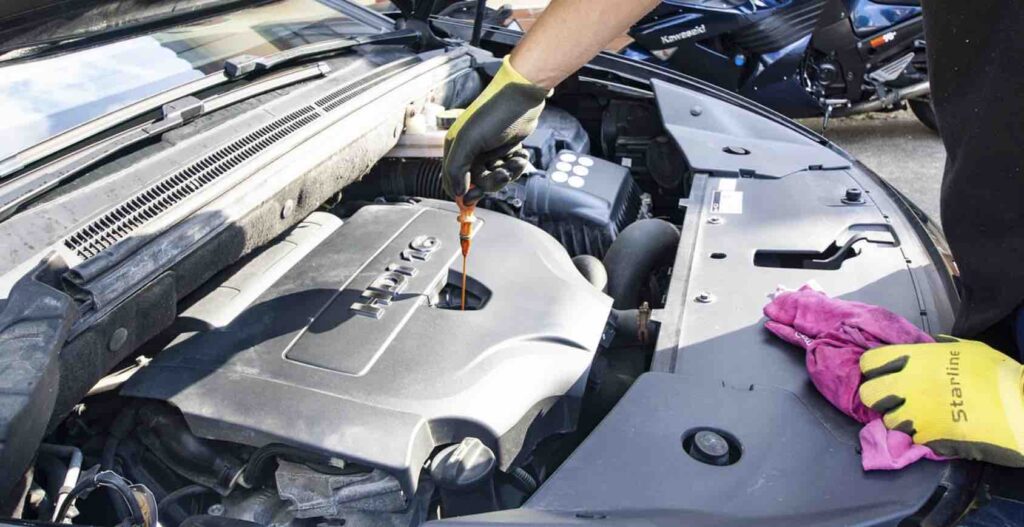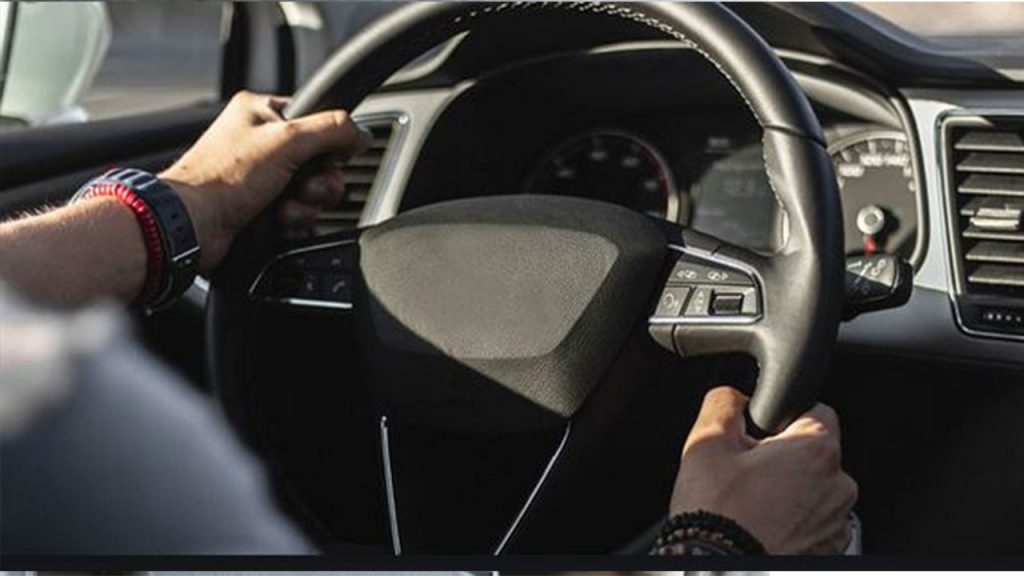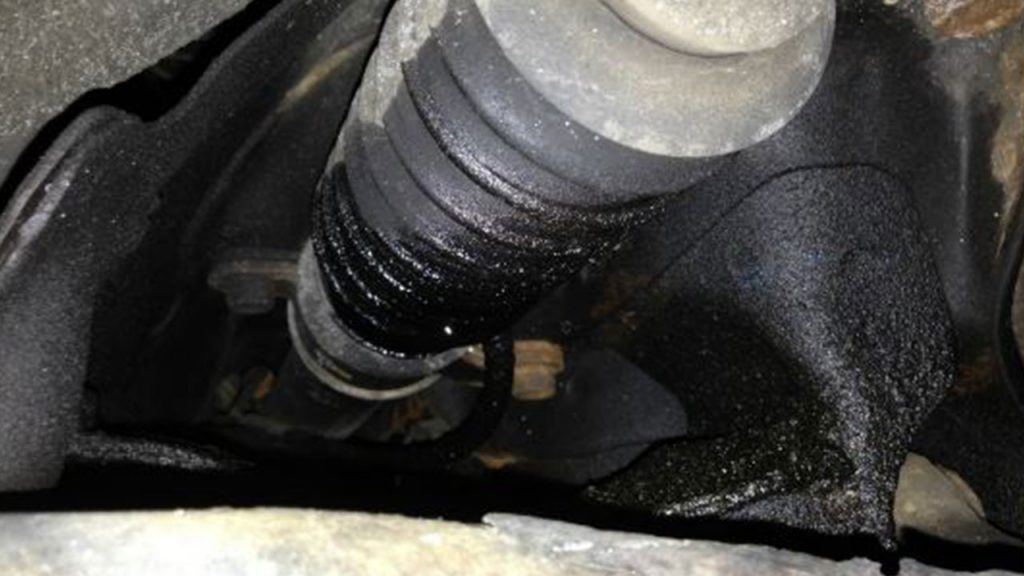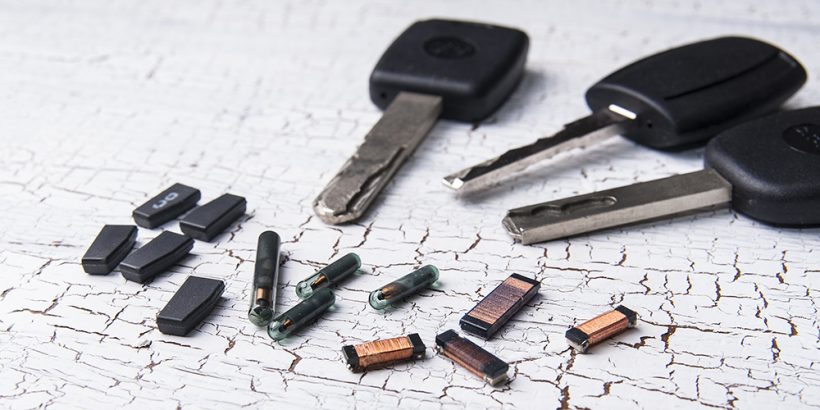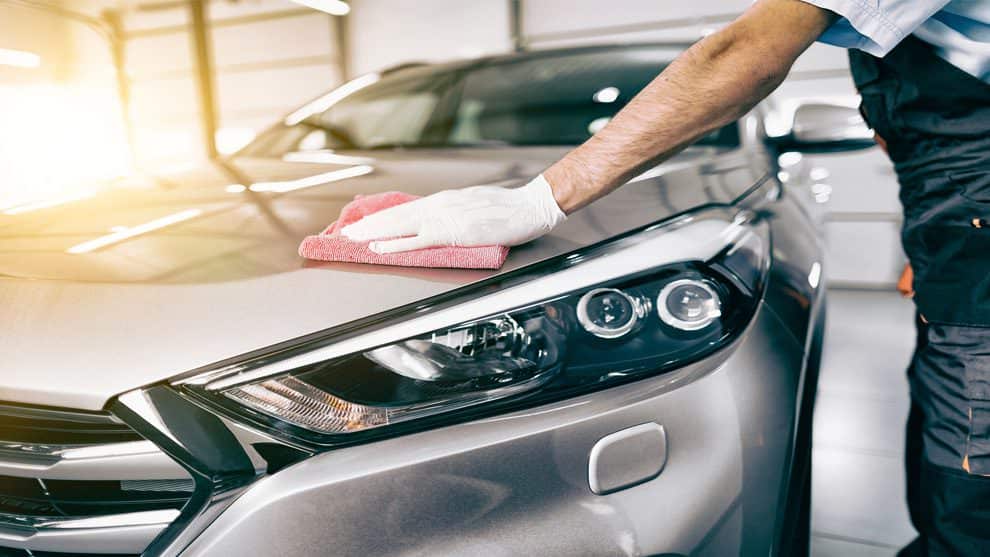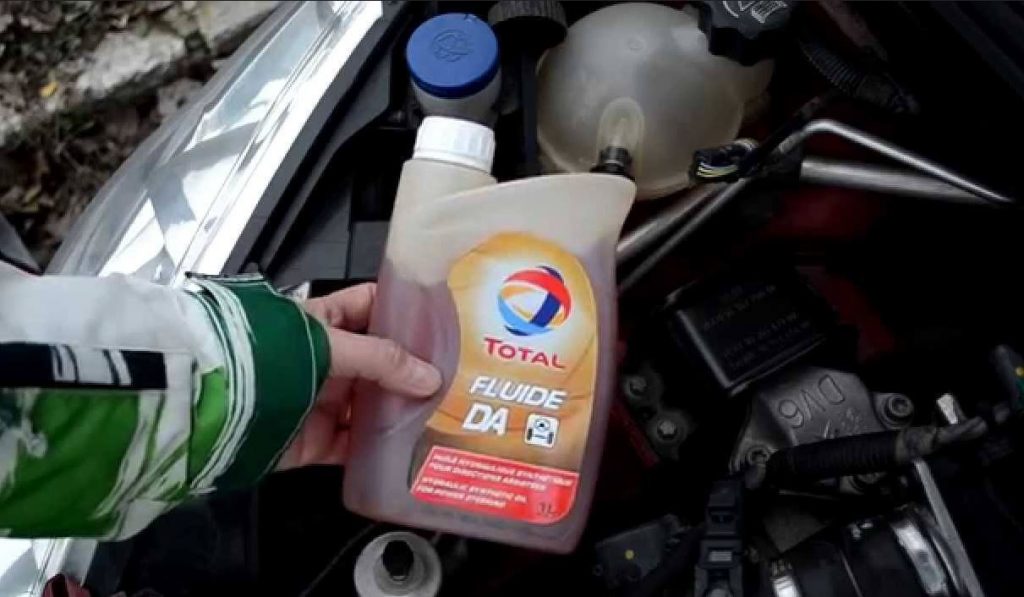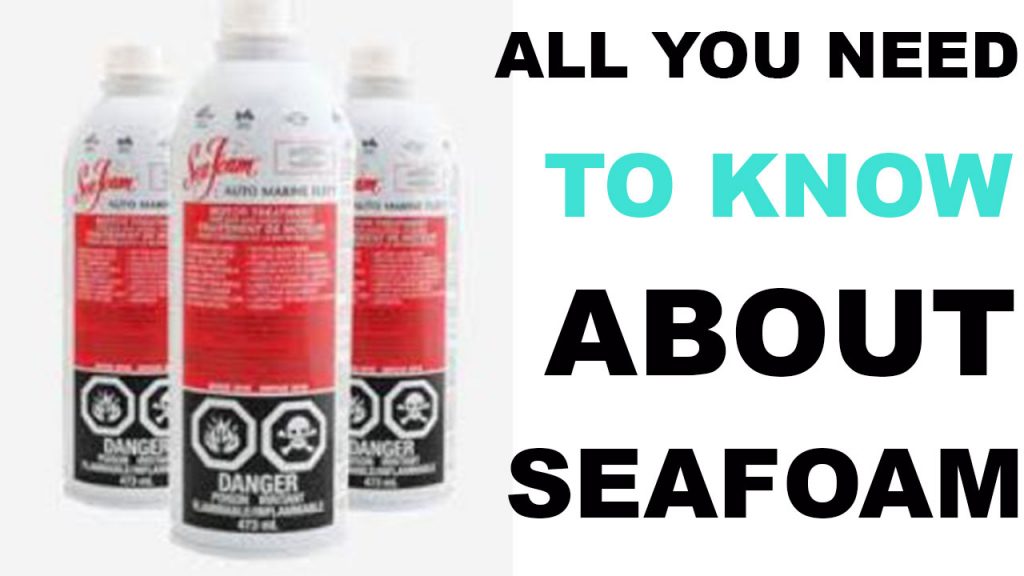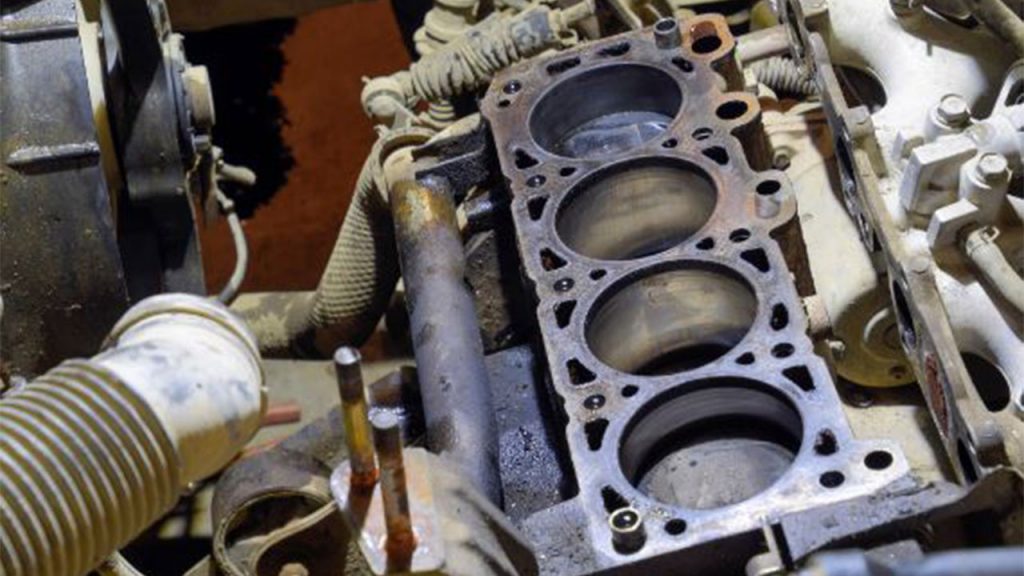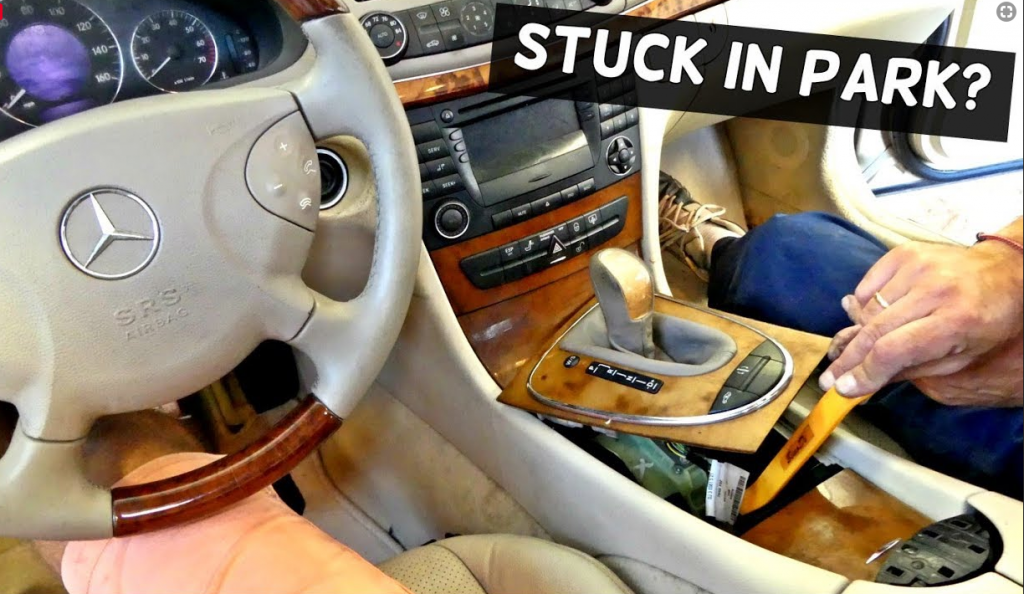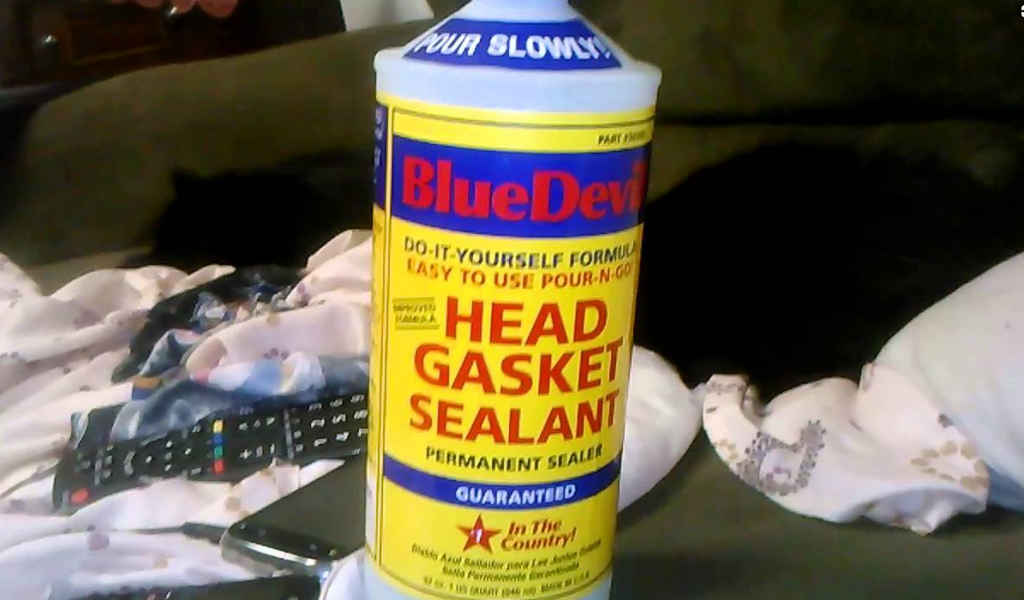Last updated on May 18th, 2022 at 01:02 pm
Your vehicle has various spinning parts and components in an internal combustion engine which leads to friction when some of these components rub against each other. In the post was going to look at some common the signs and symptoms of engine damage from overheating, how long can a car overheat before damage and how long does it take for a car to cool down from overheating.
Let first start how long can a car overheat before damage
how long can a car overheat before damage
When your car begins to overheat, you will have around 1 minute to 5 minutes before you vehicles engine is totally damage. However within 30 to 60 seconds, may have already started to cause little problems to engine that may completely damage the car engine.
Read This: What Happens When a car Overheats and Shuts Off
Symptoms of Engine Damage from Overheating
How can you tell if your engine has overheated? Is it possible to cause engine damage by overheating? It can. Your engine can suffer severe damage from overheating. These problems will alert you to the possibility of your engine being damaged by overheating.
There will be a lot of heat generated while metal pieces are rubbing against each other. Many of the components of an overheated engine can be damaged or rendered useless very quickly.
However, your engine will be unable to provide the energy required to accelerate the car and deliver power to other components that rely on it when they are damaged. Some signs of an engine damaged as result of over overheated are listed below.
- Warped cylinders
Each cylinder of an engine contains a piston. This piston moves up and down to create the combustion that powers your car. Extreme overheating can cause damage to the seal between your piston and the engine. This can allow oil to seep through the piston rings, and eventually reach the engine where it will burn.
This problem can lead to the piston scraping against the cylinder walls, which can make unusual sounds like grinding or knocking. Your engine may experience power loss or poor performance as a result of the pressure loss. Reasons for Car Running Hot but Not Overheating
- Pistons that have been rubbed.
Overheating can cause metal parts to expand. The engine’s metal parts are designed to withstand extreme heat. However, they can expand if exposed to heat that is higher than acceptable. The piston is one of these.
The pistons can expand when they heat up and touch the walls of the cylinder. This can cause problems like scuffing and worn patches, which can damage the ring lands or wrist pins.
Piston failure can occur if the problem is not addressed. If the edges of the piston become worn, fuel can move up past the piston during compression. This increases the chance of serious engine damage.
- Failure of the head gasket
Some may wonder how to tell if your engine has been overheated. Head gasket failure will indicate that your engine is damaged. The head gasket acts as a seal between your engine block and the head. It keeps the coolant in the engine’s passages, the oil in the oil galleries, the fuel in the combustion chambers, and the coolant in the engine block. The aluminum material of your head gasket can warp, expand or crack when the engine heats up.
This can cause the head gasket to fail as a seal and your engine may start to burn coolant or oil. It is extremely expensive to repair a blown header gasket. You should be aware of the temperature in your car to prevent it from happening.
- Cracked engine block
Overheating can cause engine block damage. Extreme heat can cause your engine block’s expansion and contraction. Cracks can form which can lead to oil leaks and poor performance. It is difficult to repair a cracked engine block and may take a lot of time. Your mechanic may recommend that you have your engine replaced.
- Engine detonation.
When the fuel ignites too quickly or erratically within the cylinders, it is called detonation. Even if the engine works perfectly, this problem shouldn’t occur. Overheating can cause detonation. This happens when fuel ignites before it reaches its maximum combustion temperature. This reduces the amount energy that is released from the fuel, which can cause a poor fuel economy. This can cause engine damage as the explosion produces a force that pushes in the opposite direction to the piston’s compression stroke.
And to prevent your engine from damage, it advisable you look out for below signs of the your car is so you can take care of the problem before it damages your engine which is my expensive repair process.
signs of overheating car(symptoms of overheating car)
1. Steam From car hood
It is the most obvious sign of a hot and overheated engine is, steam rising from beneath your vehicles hood? When the coolant in the coolant reservoir boils, steam is produced.
Maybe the coolant is caught in the reservoir because it isn’t circulating properly, or the radiator cap has failed or isn’t on tight.
The coolant begins to boil and generate steam as the engine heats up. At this pace, you won’t be able to drive for very long.
Therefore, if steam is flowing out of your hood, you should stop driving right away to avoid internal mechanical problems and discover out what’s causing these problems. You may need to have your car towed to a repair facility to get the problem fixed.
2. Temperature Gauge
The next symptoms of engine damage from overheating, A temperature gauge or a digital readout in every car shows the engine’s temperature. The needle will typically be around the middle of the gauge in normal circumstances. This indicates that the engine is operating at the proper temperature.
On the other hand, if the needle on the gauge rises towards or into the red zone, the engine is overheating. So while the temperature gauge or coolant temperature sensor may malfunction, this is quite unlikely.
Unfortunately, you can’t always rely on this warning light to notify you about an overheated engine. It works by detecting the coolant’s temperature; thus, there would be nothing to measure if there was a massive coolant leak.
Related : Is Lucas Engine Oil Stop Leak Safe
3. Thumping Noises
Your thermostat in the cooling system regulates the amount of coolant to the radiator, guaranteeing that your engine runs smoothly. The trapped coolant in the engine block will become superheated if this valve becomes blocked.
A loud thumping noise will be heard from the engine area when cold coolant comes into touch with superheated coolant. This problem is usually resolved by replacing the thermostat.
4. Burning smell
A unique odour is released whenever the engine heats up sufficiently to burn oil. In addition, because temperature rises, the rubber seals, plastic valves, and bits of glue that hold the engine together may melt, emitting smells you wouldn’t typically smell.
The majority of people describe this peculiar stench as “hot.” However, it’s also possible that ethylene glycol-containing coolant is leaking and filling your automobile with sweet-smelling but dangerous fumes. Any strange odours are a red flag that must not be disregarded.
5. Leaking coolant
You have a coolant leakage problem if you see a small puddle of coolant underneath your vehicle. Any engine overheating issues you’re having at the time are caused by this.
The engine components will generate too much heat if there isn’t enough coolant to keep the engine cool. In addition, the components will wear out and be damaged if they are not quickly cooled down.
How long does it take for a car to cool down?
It takes at least 30 minutes for an overheated engine to cool down to the point where it is safe to inspect and maybe operate on it under normal conditions. It’s vital to remember that during the first part of the cooling process, the engine coolant, the radiator, and the engine itself are all boiling.
If you don’t inspect and solve the problem once the engine has cooled, you risk serious harm. When the engine is turned off, and the car is stationary, heat loss is proportional to the temperature difference between the engine and the surrounding environment.
The quantity of convection cooling decreases substantially when the engine cools too close to the air temperature surrounding it, which is why it takes several hours for a machine to cool to room temperature.
I hope this articles on Symptoms of Engine Damage from overheating was helpful to you. Can Oil Stop Leak Damage My Engine
Do water mark this page for later reference.

